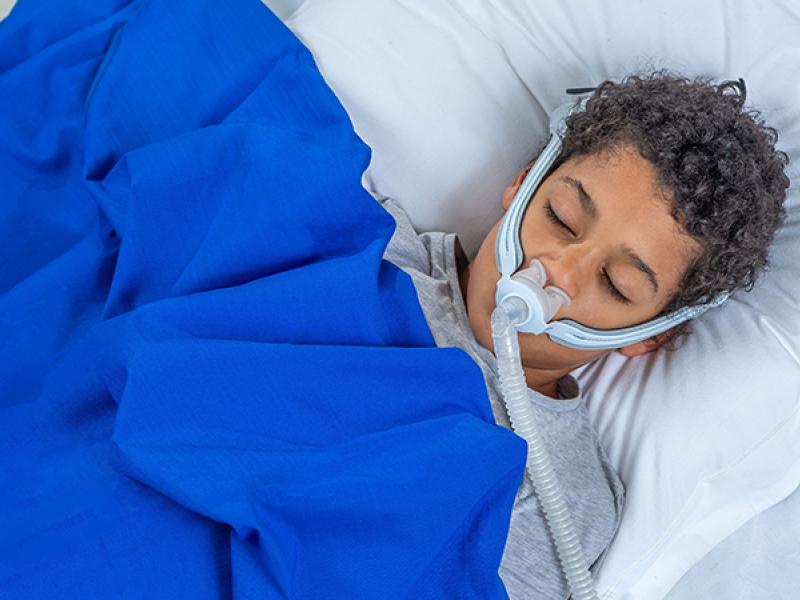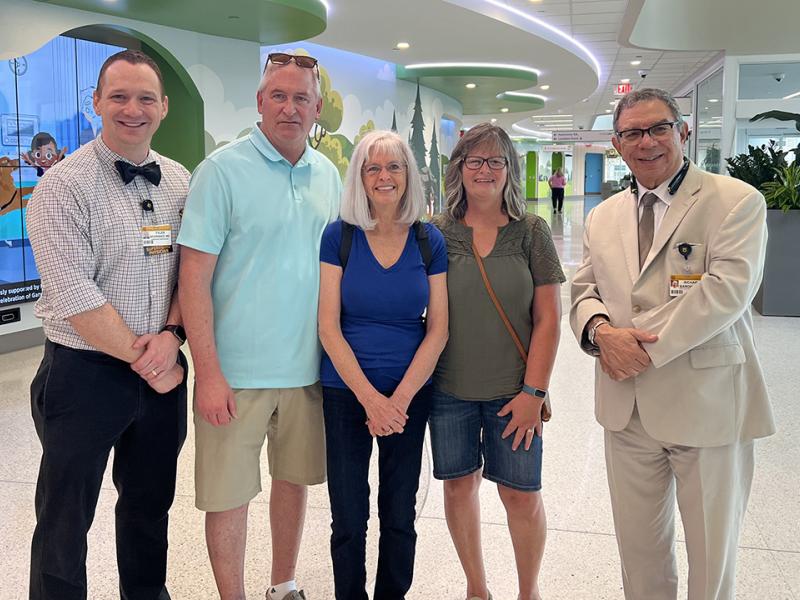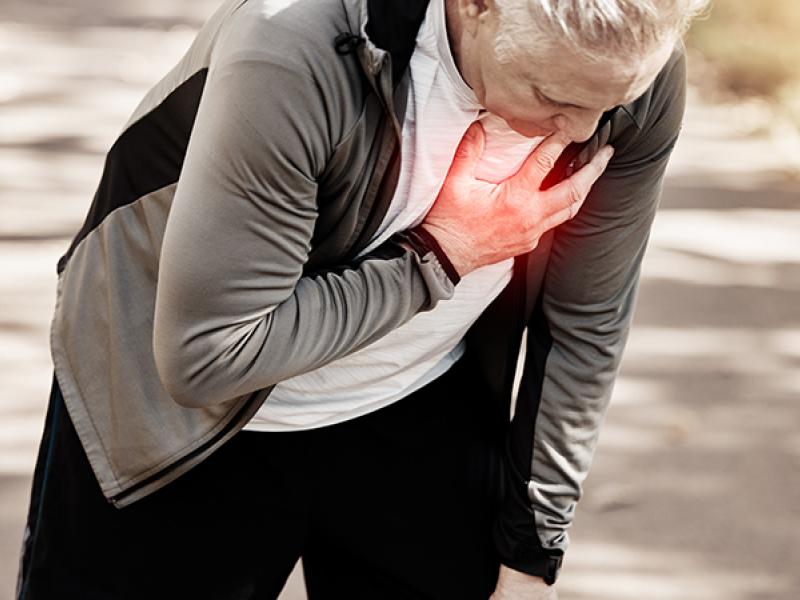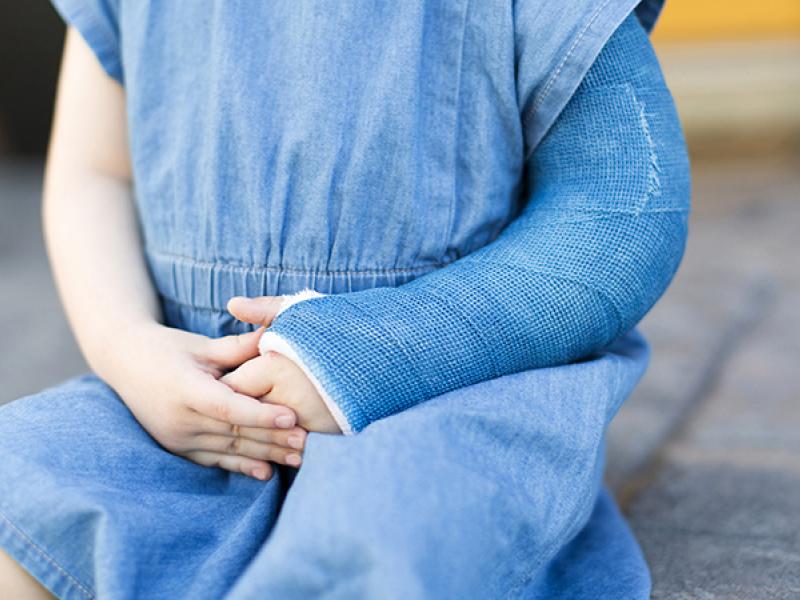The Med-Peds residents are very involved in medical education, service and leadership as well as scholarship and research at the University of Missouri.
Medical Education
Our residents are involved in the medical education of other residents and medical students in both formal and informal methods. As an example, Med-Peds residents at Mizzou have given lectures, led small group discussion and have even helped write parts of the MU School of Medicine’s curriculum. In addition, several of our residents serve as preceptors for second-year medical students in the Advanced Physical Diagnosis course in the School of Medicine.
Our residents are consistently recognized by medical students, their peers, and the faculty as outstanding medical educators. Following the intern year, residents have the opportunity to attend a Residents as Teachers course to further refine their teaching role prior to becoming a senior resident.
Leadership
Many of our residents have served in an official leadership capacity in the House Staff Organization (HSO), which is the elected representation of the house staff to hospital administration. In fact, multiple Med-Peds residents have been elected as president of the HSO. Additional leadership roles have included involvement in hospital committees.
Scholarship and Research
Our residents are actively engaged in research. Many of our residents have presented at national meetings or published in academic journals.
Examples of recent scholarly activity by our residents are included below.
Published Articles and Case Reports
Perez P, Panchangam C*. A Fetus with Tetralogy of Fallot with Absent Pulmonary Valve Syndrome. Neoreviews. 2023 Sep 1;24(9):e603-e606. doi: 10.1542/neo.24-9-e603. PMID: 37653085.
Schaeffer A, Padhye A*, Vachharajani A*, Anders A*. Late Preterm Infant Presenting with Petechiae. Neoreviews. 2023 Feb 1;24(2):e125-e129. doi: 10.1542/neo.24-2-e125. PMID: 36720692.
Abdul-Azeez Abdullahi, Karle, E., Abbasi, A., Shankar, S*. Unusual Anatomy Of Heterotaxy Syndrome And Its Long-Term Complications. Chest, Volume 162, Issue 4, Supplement, 2022, Page A1573.
Rockett J, Nelson C, Pierce R*, Morlan AV*. A case report of Graves' disease following SARS-CoV-2 infection. Int J Contemp Pediatr 2021;8:1260-3.
Olander EM, Brunk S, Kesterson J*. An Infant with Failure to Thrive and Hypotonia. Neoreviews. 2021 Aug;22(8):e548-e550. doi: 10.1542/neo.22-8-e548. PMID: 34341163.
Gupta VS, Walker TL, Ilboudo CM, Anders AP. Preterm Infant with Respiratory Distress, Hypotonia, and Hypoglycemia. Neoreviews. 2022 Apr 1;23(4):e268-e271. doi: 10.1542/neo.23-4-e268. PMID: 35362036.
Neverman EM, Vietti DR, Gruner B*. Fever, jaundice and confusion. Clin Pediatr(Phila). 2016. (In press).
Alghalith Y, Neverman EM, Binalsheikh IM*. Acquired mutism and hypertonia in a toddler. Clin Pediatr(Phila). 2016. (In press).
Neverman EM, Geyer B*. Acquired tracheoesophageal fistula due to battery ingestion. J Am Osteopath Assoc. 2016; 116(3):186.
Neverman EM, Parker R*. Porphyria cutanea tarda. J Am Osteopath Assoc. 2015. (In press).
Clark MG, Dalabih A*. Variability of DKA management among pediatric emergency room and critical care providers: A call for more evidence-based and cost-effective care? J Clin Res Pediatr Endocrinol. 2014; 6(3):190 – 191.
Patel S, Mulyala R*, Katta N*. Unusual presentation of Coxsackie B rhabdomyolysis: case report and literature review. J Acad Hosp Med. 2014; 6(4).
Neverman EM. Image of the month: ovarian teratoma. J Acad Hosp Med. September 2014.
Neverman EM, Clary K*. Leser-Trélat Sign. J Am Osteopath Assoc. 2014; 114(7):593.
Bauerly E, Hughes SE, Vietti DR, Miller DE, McDowell W, Hawley RS. Discovery of supernumerary B chromosomes in Drosophila melanogaster. Genetics. 2014; 196(4):1007-16.
Alverson B, McCulloh RJ, Dawson-Hahn E, Smitherman SE, Koehn KL*. The clinical management of preterm infants with bronchiolitis. Hosp Pediatr. 2013; 3(3):244-250.
McCulloh RJ, Smitherman SE, Adelsky S, Congdon M, Librizzi J, Koehn KL*, Alverson B. Hospitalist and nonhospitalist adherence to evidence-based quality metrics for bronchiolitis. Hosp Pediatr. 2012; 2(1):19 – 25.
Posters, Presentations and Abstracts
Liu, C., Schroeder, B., Sureen, A., Siva, C.*. Primary Central Nervous System Vasculitis: Mimics and Diagnostic Challenges. Poster presentation at American College of Pediatrics, 2023.
Richardson, E., Zembles, J., Velazquez, C.*, Miller, D.*, Siva, C.* Myositis as an Unusual Presenting Manifestation of EGPA. Poster presentation at the American College of Pediatrics, 2022.
Jafarey, A. Incidental Hypoxemia: A Case of Pulmonary AVMs and Brain Abscess. Poster presentation at the American Academy of Pediatrics, 2022.
Abdullahi, A., Karle, E., Abbasi, A., Shankar, S.* Unusual Anatomy of Heterotaxy Syndrome and it's Long-Term Complications. Poster presentation at CHEST, 2022.
Agulto, A., Das, K.*. Non-Rheumatological Cause of Biopsy-Proven Pulmonary Vasculitis in Ulcerative Colitis. Poster presentation at the American College of Gastroenterology Annual Scientific Meeting & Postgraduate Course, 2020.
Agulto, A., Gibbons, L., Mohr, K., Lancey, R.*. HPV Vaccination Rate Improvement. Oral presentation at the Academic Pediatric Association Region 6 Annual Meeting, 2020.
Agulto, A., Gibbons, L., Mohr, K., Lancey, R.*. HPV Vaccination Rate Improvement. Oral presentation at the University of Missouri Health Care Internal Medicine QI Grand Rounds, 2020.
Guissou, P., Rockett, J. Self-Healing Collodion Baby: A Case Report of an Uncommon Variant of a Rare Dermatologic Disorder. Poster presentation at the University of Missouri, 2020.
Meck, B., Emerson, A.*. Little Tigers Healthy Homes Questionnaire: Standardized Self-Reporting Form Increases Targeted Referrals for At-Risk Pediatric Patients. Poster presentation at the Academic Pediatric Association Region 6 Annual Meeting, 2020.
Meck, B., Savilla, C., Pineda, C., Shirshekan, J., Emerson, A.*. When Alcohol Isn’t the Answer: A Novel Case of CFTR-Related Chronic Pancreatitis Diagnosed in Adulthood. Poster presentation at the American College of Physicians Internal Medicine Meeting, 2019.
Meck, B., Srivastava, R.*, Ilbuoudo, C.*. An Unexpected Complication of Incomplete Kawasaki Disease: Diffuse Coronary Artery Aneurysms Identified on Day 8 of Fever. Poster presentation at the Academic Pediatric Association Region 6 Annual Meeting, 2020.
Park, J. Fatal Arrhythmia Mistaken as Anxiety and Pseudo-Seizures in an Adolescent. Poster presentation at the American Academy of Pediatrics National Conference & Exhibition, Med Peds Section, 2019.
Perez, P., Dyke, P.*, Panchangam, C.*. 2-Year-Old with AVSD s/p Surgery Requiring Cardiac Pacemaker. Poster presentation at the Midwest Pediatric Cardiology Society Annual Meeting, 2019.
- Bold = Med-Peds resident physician
- * = Med-Peds, Medicine or Pediatrics faculty member
Graduates
Graduates of our residency program have been successful in a multitude of practice settings, including ambulatory or hospital-based primary care, emergency medicine, urgent care and both categorical and combined Med-Peds subspecialties.
Seventy-five residents have completed their training here since our first class graduated in 2001.
Read about our Med-Peds Alumni
Career Practice Settings
Graduates of our program are well-prepared for multiple practice and career settings, in primary or specialty care:
- 30% of our graduates practice primarily in an ambulatory Med-Peds primary care setting. Some of these graduates also see hospitalized patients.
- 26% of our graduates work primarily as hospitalist physicians. Of those graduates who work as hospitalists:
- 17% are solely medicine hospitalists.
- 17% are solely pediatric hospitalists.
- 67% are combined Med-Peds hospitalists.
- 9% of our graduates work in an emergency room or urgent care setting.
- 4% of our graduates work in other non-direct-patient care positions, such as health care administration or health care information technology consulting.
- 34% of our graduates have completed or are currently completing a fellowship program.
- 28% of our graduates work primarily in an academic setting.
Fellowships
Graduates of our program have been successful matching into numerous fellowship programs around the country:
- Boston Children’s Hospital / Harvard
- Pediatric Medical Genetics
- Brown University
- Adult Infectious Disease
- Med-Peds Infectious Disease
- Cardinal Glennon Children’s Hospital / St. Louis University
- Neonatology
- Pediatric Critical Care
- Cohen Children's Medical Center
- Neonatology
- Creighton University
- Adult Gastroenterology
- Maimonides Medical Center
- Pediatric Emergency Medicine
- Medical College of Wisconsin
- Pediatric Critical Care
- Oregon Health & Science University
- Endocrine
- SUNY Downstate School of Medicine
- Pediatric Gastroenterology
- University of Arizona
- Pulmonary/Critical Care
- University of Cincinnati
- Adult Pulmonology and Critical Care
- University of Florida
- Adult Pulmonary & Critical Care
- University of South Florida
- Allergy & Immunology
- University of Kansas Medical Center
- Pulmonary/Critical Care
- University of Mississippi
- Pediatric Cardiology
- University of Missouri
- Adult Critical Care
- Endocrine
- Adult Gastroenterology
- Adult Infectious Disease
- Adult Nephrology
- Adult Pulmonary & Critical Care
- Adult Rheumatology
- University of Nebraska
- Adult Pulmonology and Critical Care
- University of Texas Southwestern
- Geriatric Medicine
- University of Virginia Medical Center
- Med-Peds Endocrinology
- Washington University
- Med-Peds Infectious Disease
- Med-Peds Nephrology
Please contact our program director or residency coordinator should you have questions regarding our program outcomes.





